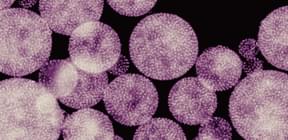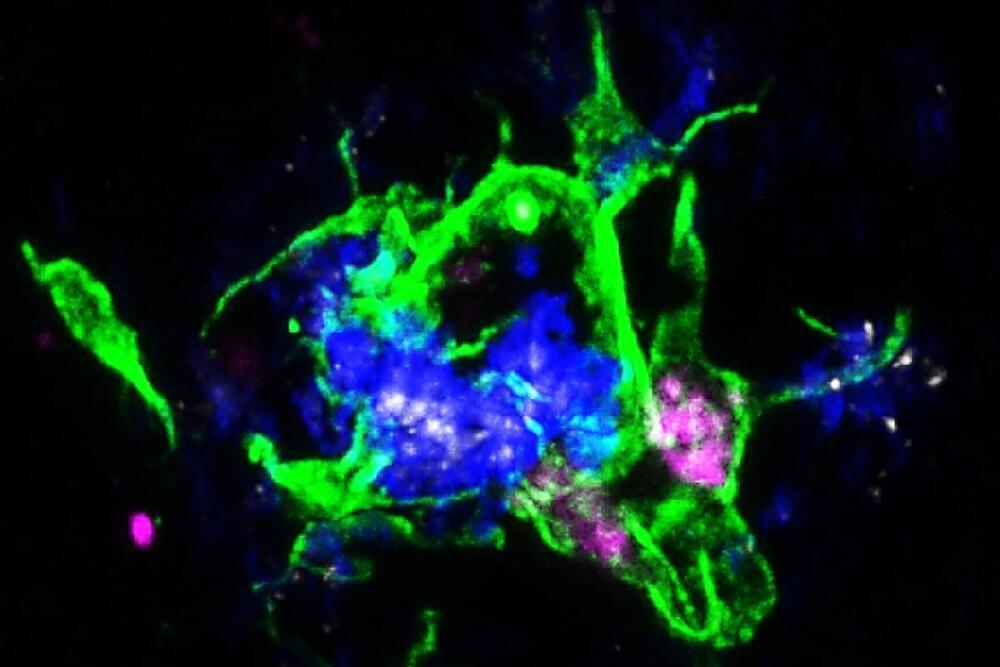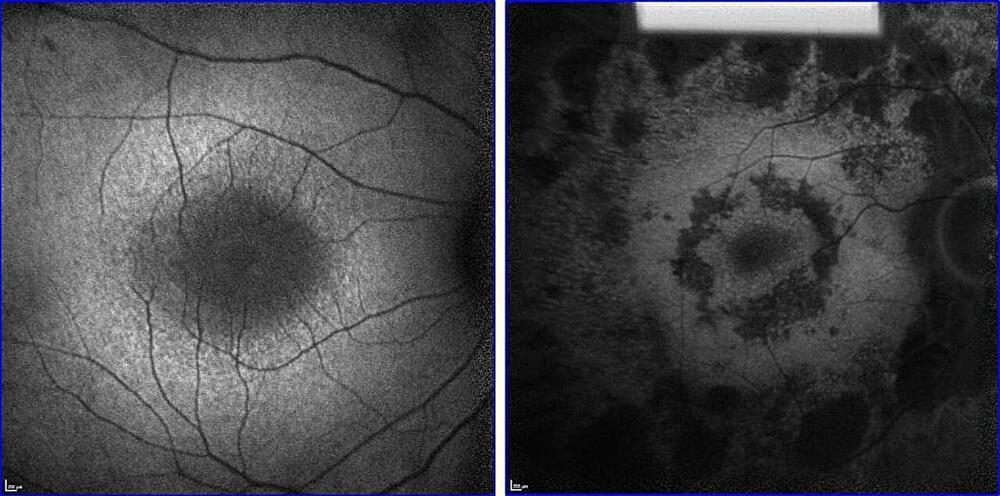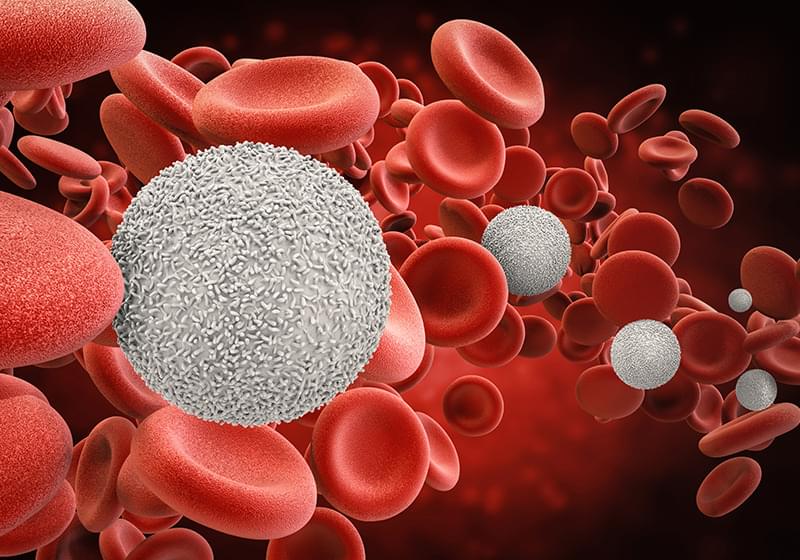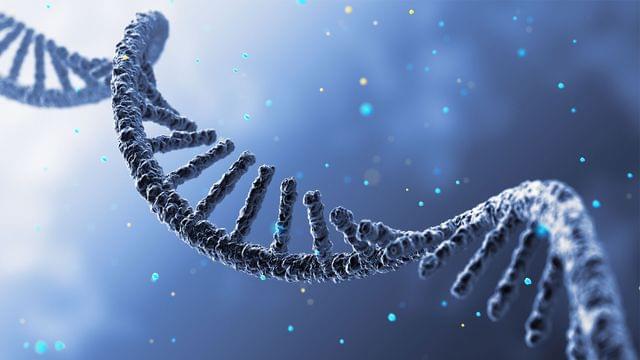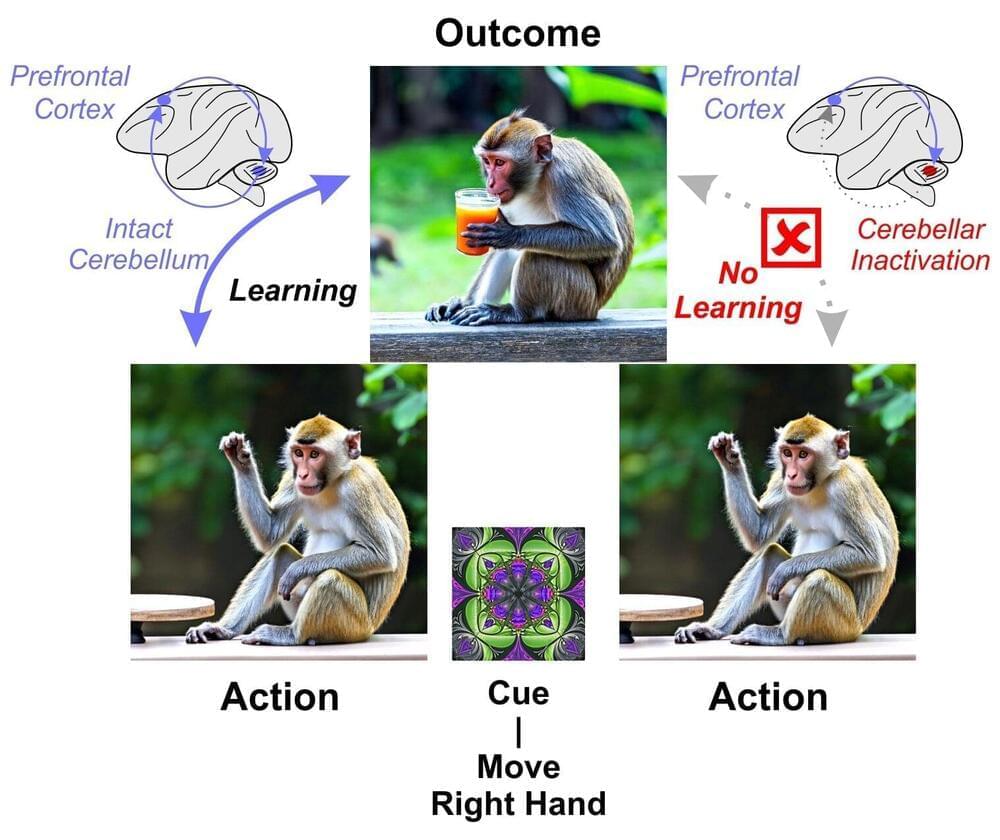Apr 6, 2024
Good as gold — improving infectious disease testing with gold nanoparticles
Posted by Shubham Ghosh Roy in categories: biotech/medical, nanotechnology, particle physics
Abstract: By harnessing the power of composite polymer particles adorned with gold nanoparticles, a group of researchers have delivered a more accurate means of testing for infectious diseases.
Details of their research was published in the journal Langmuir.
The COVID-19 pandemic reinforced the need for fast and reliable infectious disease testing in large numbers. Most testing done today involves antigen-antibody reactions. Fluorescence, absorptions, or color particle probes are attached to antibodies. When the antibodies stick to the virus, these probes visualize the virus’s presence. In particular, the use of color nanoparticles is renowned for its excellent visuality, along with its simplicity to implement, with little scientific equipment needed to perform lateral flow tests.
